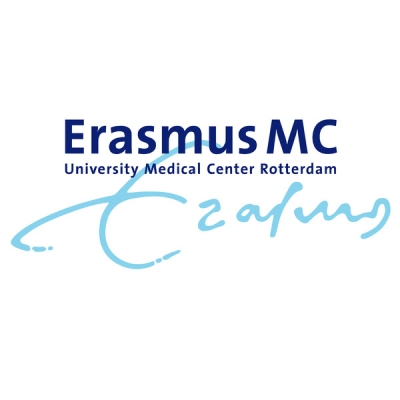Serological markers for monitoring hepatitis B infections and hepatocellular carcinoma
Chronic infections with the hepatitis B virus (HBV) cause an important global health problem affecting more than 350 million people worldwide and is responsible for the majority of cases of fibrosis/cirrhosis and hepatocellular carcinoma. The treatment of chronic hepatitis B has improved immensely in the last decade. It is, however, still unclear what markers predict the risk of relapse after treatment discontinuation. We will assess the role of a novel serum marker, Hepatitis B core related antigen (HBcrAg), in the sustained treatment response. For this assessment we will collaborate with Fujirebio Europe NV who will provide us with the state-of-the-art equipment and reagents to measure this novel biomarker in serum. With the results of this research we will contribute to the development of a minimally invasive technique to monitor disease progression and treatment response in chronic HBV patients.
By using serum biomarkers instead of invasive liver biopsies to monitor treatment response and outcome, patients will experience less side-effects. In addition, personalized treatment strategies will be able to increase the number of patients with a positive response to treatment thereby prolonging a healthier life. The current treatment consists of antiviral compounds that inhibit viral replication efficiently resulting in a rapid decline of serum HBV DNA levels in most patients. Despite this, the response is not durable in most patients after treatment discontinuation. Therefore, patients who start this treatment with these antiviral compounds are subjected to long-term therapy. Validated biomarkers will help to identify patient subgroups who respond more efficiently to treatment, and –more importantly- who can stop taking their medication without experiencing a re-appearance of the virus in blood. This improves patient’s quality of life and has significant economic benefits by saving costs of medication. Productivity of the health care sector will also increase since serum biomarker assays can be automated contrary to liver biopsies.
This project will be expected to lead to the identification of novel biomarkers and the validation of HBcrAg for monitoring of treatment response in CHB patients.
See for more information the website of the gastrolab, viroscience or Fujirebio Europe.


